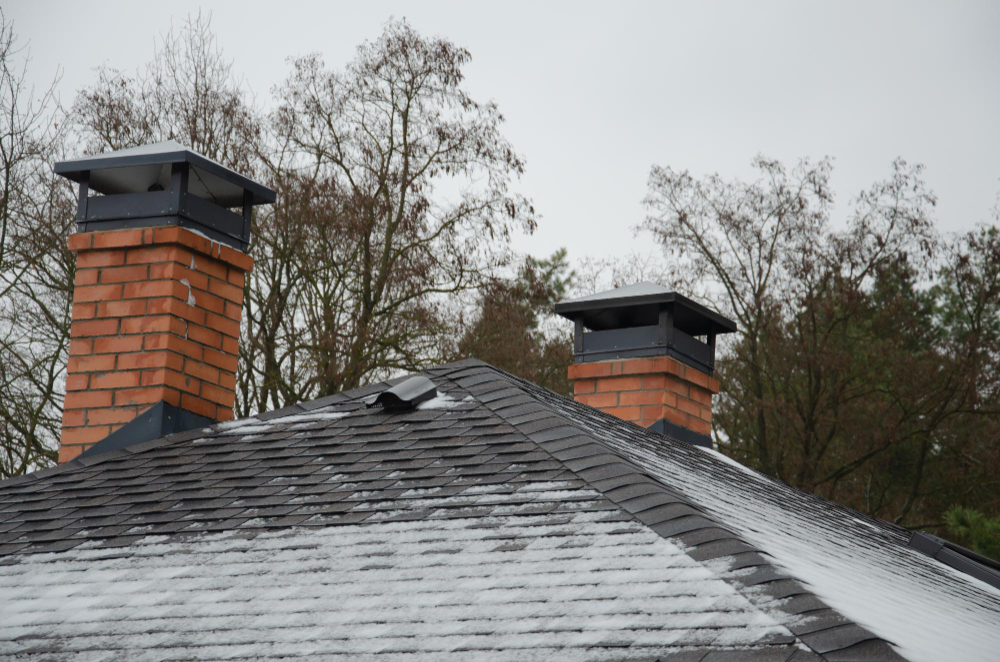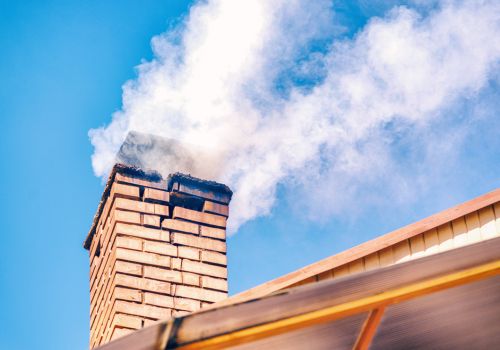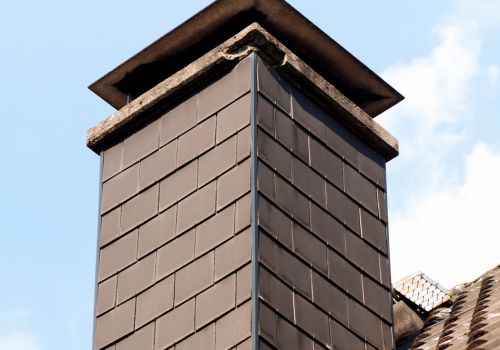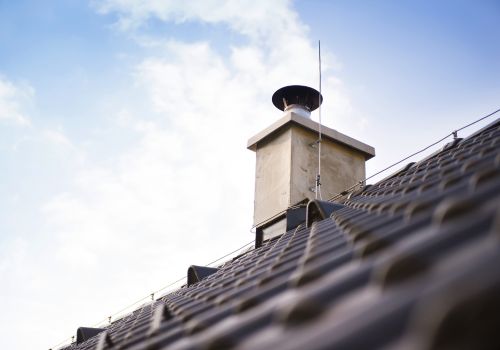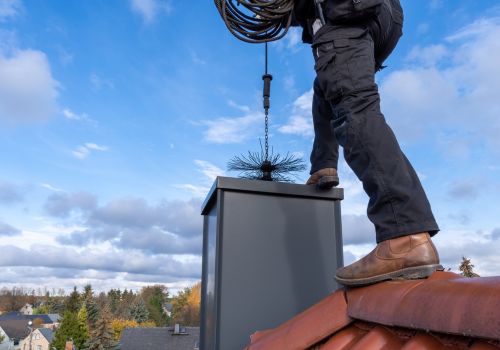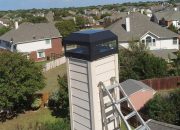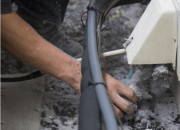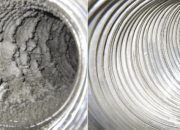Air duct cleaning is the process of removing contaminants from your home’s heating and cooling system. The benefits of this process are well-documented. However, one area often overlooked is the impact duct cleaning can have on your heating system’s efficiency.
Air ducts full of dust and other debris force your heating system to work harder to circulate warm air throughout your home. It leads not only to higher energy bills, but it can also shorten the lifespan of your heating system.
Fortunately, you can do a few things to improve the efficiency of your heating system after an air duct cleaning.
1. Schedule an annual air duct cleaning.
Typically, it’s recommended to clean your air ducts every three to five years. However, if you suffer from allergies, have pets or reside in a region with a lot of dust and pollen, you may want to schedule an annual cleaning.
2. Use a high-efficiency furnace filter.
If your furnace has a standard air filter, upgrade to a high-efficiency filter. These filters are much better at trapping dust and other particles, which can help improve your heating system’s efficiency.
3. Upgrade your insulation.
Poor insulation in your home can make it harder for your heating system to maintain a comfortable temperature. Proper insulation helps keep heat in, saving you money on energy bills. By upgrading your insulation, you can reduce heat loss and improve your heating system’s efficiency.
Insulation is an important factor in heating system efficiency, and it’s something that many homeowners overlook. If you’re not sure whether your home is properly insulated, it’s a good idea to have an energy audit conducted. It will give you a better idea of where your home is losing heat and how you can improve the situation.
4. Seal any gaps or leaks around doors and windows.
Gaps and leaks around windows and doors can let cold air into your home, making it harder for your heating system in keeping things warm. By sealing these gaps, you can help reduce heat loss and improve the efficiency of your heating system.
Check for gaps and leaks around doors, windows and any other openings in your home. If you find any, seal them with weatherstripping or caulking.
5. Consider a programmable thermostat.
A programmable thermostat can help you better control your home’s temperature, improving your heating system efficiency. Programmable thermostats allow you to set different temperatures for different times of the day.
It can be a great way to save energy, as you can set the temperature lower when you’re not home during the day or at night. Setting the thermostat to a lower temperature when you’re not home saves energy and money.
6. Have your heating system serviced regularly.
Have your heating system serviced by a professional every year or two. It will help ensure that the system is running efficiently and there are no safety concerns.
An example of a safety concern includes carbon monoxide poisoning. Carbon monoxide is a gas that can be produced when certain materials burn. You can get carbon monoxide poisoning if your heating system is not functioning properly and the gas builds up in your home.
7. Consider upgrading to a more efficient heating system.
If your heating system is more than 20 years old, it may be time to consider upgrading to a newer, more efficient model. Newer models are much more energy-efficient than older ones. So, they can help you save money on energy bills while keeping your home warm and comfortable.
When shopping for a new heating system, look for one that’s ENERGY STAR certified. These models are the most energy-efficient available and can save you hundreds of dollars on your energy bills each year.
You may also be eligible for tax credits or other incentives when you upgrade to a new system.
8. Inspect your air ducts regularly for signs of debris build-up.
If your air ducts are full of debris, it can impede the flow of air and reduce your heating system’s efficiency. Regular inspection and cleaning can help keep your ducts clean and clear.
9. Consider a ductless mini-split system for more efficient heating.
Ductless mini-split systems are a type of heat pump that doesn’t require ductwork. These systems are very efficient and can save you money on your energy bills.
10. Invest in a high-quality air filter.
A high-quality air filter can help to remove contaminants from the air. It improves the quality of air in your home and protects your heating system from damage.
11. Be mindful of drafts.
Drafty windows and doors can let warm air out and cold air in, making your home less comfortable and forcing your heating system to work harder. Sealing up drafts can help improve your heating system’s efficiency.
12. Close off unused rooms.
If you have rooms in your home that are not being used, close the doors to those rooms to prevent heated or cooled air from entering them. It will help to save energy and money.
13. Plug in your humidifier.
Adding humidity to the air can help to make your home feel warmer, which can lower the temperature on your thermostat and help to save energy.
14. Use a ceiling fan.
Running a ceiling fan in conjunction with your heating system can help to circulate warm air and make your home feel more comfortable.
Conclusion
Heating system efficiency is vital for many reasons. It can save you money on your energy bills, improve your home’s indoor air quality and extend your heating system’s life.
Take these simple steps, and you can ensure that your heating system is running at its best after an air duct cleaning. Because when it comes to heating system efficiency, air duct cleaning is an important factor to consider. A clean air duct system allows air to flow more freely, which can improve the efficiency of your heating system.
Regular inspection and cleaning of your ducts can help keep your system running smoothly and efficiently. Additionally, energy-efficient options like ductless mini-split systems can save you money on your energy bills. By following these tips, you can improve the efficiency of your heating system and save money on your energy costs. Implementing just one or two of these suggestions can make a big difference in your energy usage and help you save money each month.




